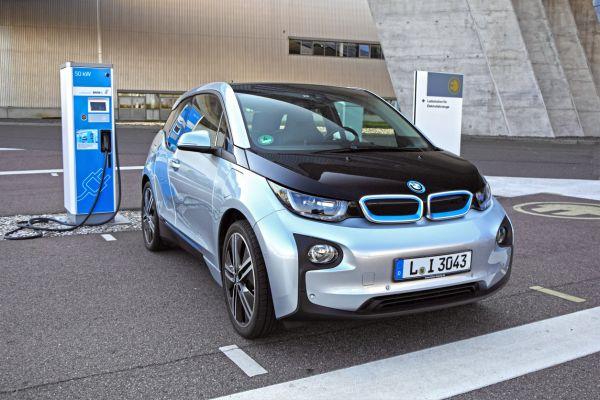BMW to Use Blockchain for Finding Ethical Cobalt
A London-based start-up is working with German automaker BMW to use blockchain to make sure their electric vehicle batteries contain only cobalt that is not the result of child labor, Reuters reported, citing the start-up company’s CEO.

Around two thirds of all the world’s supplies of cobalt come from the Democratic Republic of Congo, where a fifth of it is mined in unregulated artisanal mines, where child labor is not unheard of.
The start-up, Circulor, is working on a pilot for BMW to map cobalt that is already assumed to be clean. This would include the cobalt coming from jurisdictions such as Australia, Canada and the industrial production in Congo. A BMW spokesman said to Reuters the firm could not comment at this stage.
Circulor CEO Douglas Johnson-Poensgen told Reuters, “We believe it makes economic sense to start with sources that aren’t a problem […] Once the system is proven and operating at scale, one can tackle the harder use cases like artisanal mines.”
The idea is that cobalt would be given a clean barcode and entered into an immutable ledger using blockchain technology, and Johnson-Poensgen also claims it could “cut regulatory compliance costs.”
Johnson-Poensgen was an army engineer, involved in activities such as bomb disposal in Sierra Leone and Bosnia and Herzegovina. He founded Circulor in an effort to help automakers reduce costs to make electric vehicle manufacturing profitable.
Meanwhile in February, another German automaker Porsche revealed their collaboration with XAIN, a startup from Berlin, aiming to test blockchain applications in vehicles. The applications tested in this case were locking and unlocking the vehicle via an app, temporary access authorisations and new business models based on encrypted data logging.




